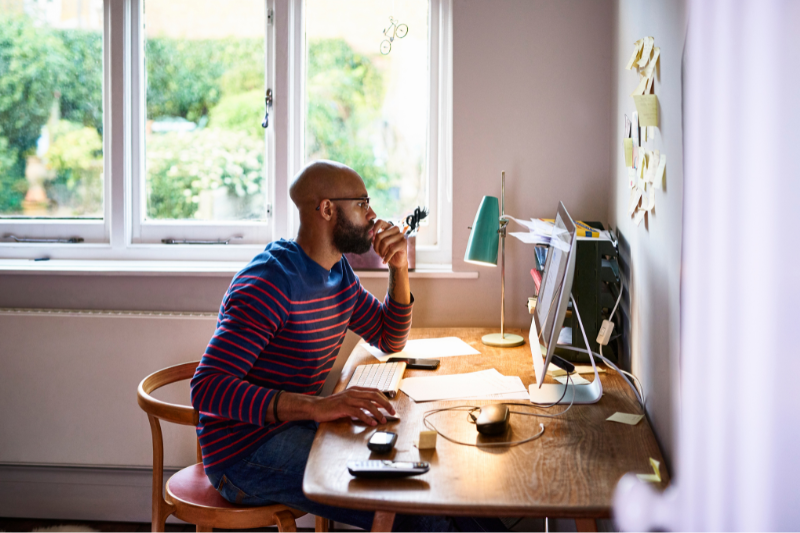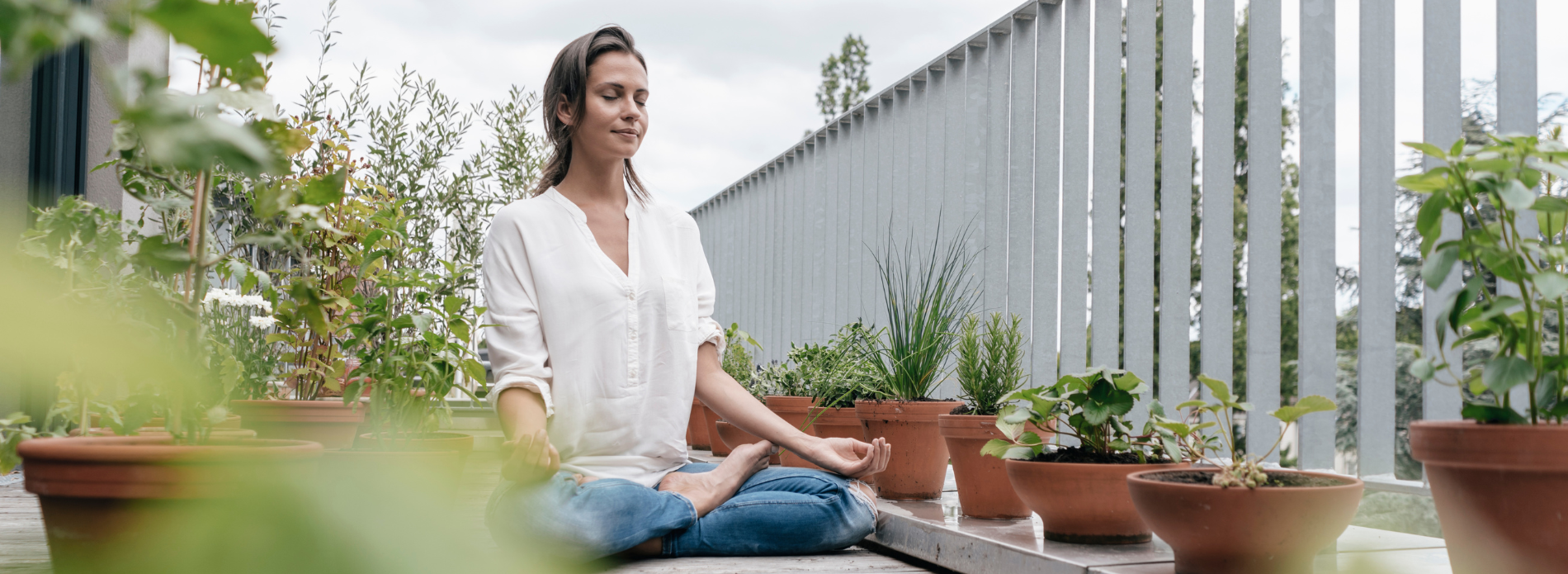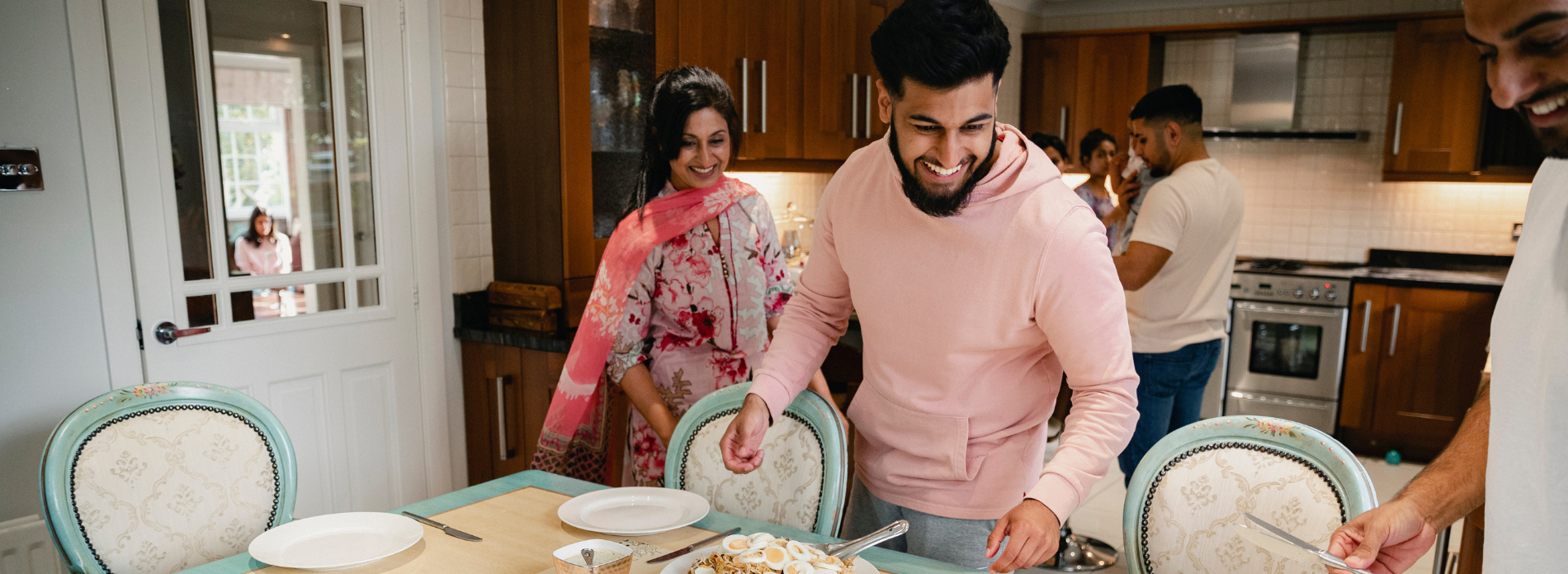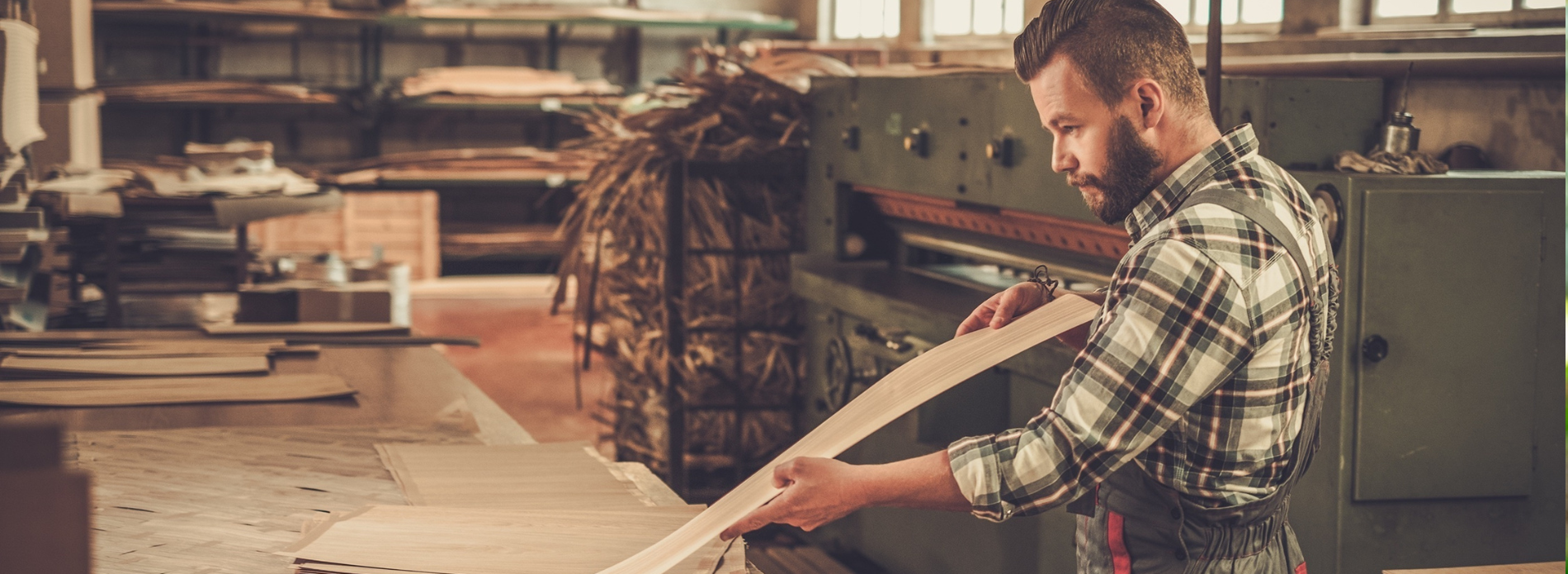Patience can positively impact your wellbeing in many ways. Exercising self-control and moral strength, it can help us weather stormy situations – many of which are outside our control.
Practicing patience can reduce feelings of frustration and anxiety, while increasing your confidence and control in challenging situations. In fact, research has found that those who are able to master patience and use strategies to create calm and balance rather than impatience, experience less stress and burnout, which is good news for your overall wellbeing1.
Patience can also help you become more compassionate towards others, which can enhance your relationships. You’ll also discover a whole new level of resilience you never knew you had, as you increase your ability to cope with setbacks and uncertainties.
There’s also the satisfaction factor. Achieving your goals gradually with patience can lead to a deeper sense of contentment.
While patience is considered a virtue, it’s also a skill that can be developed with practice and effort. Here’s how:
How to be more patient
Practice mindfulness

Mindfulness is about paying deliberate, non-judgemental attention to the present moment. It helps you become more aware of what’s happening right now, rather than dwelling on the past or worrying about the future.
By being more aware of what’s happening in your mind and body, as well as your environment, you learn to understand yourself better and cope with stress and anxiety. In short – it can help you enjoy life more through awareness and reflection.
There are lots of simple ways you can be more mindful, such as:
- Mindful breathing: Notice the sensation of air entering and leaving your lungs. When your mind wanders, gently bring it back to your breath.
- Mindful eating: Eat slowly and savour each bite. Pay attention to the taste, texture and aroma of your food.
- Mindful walking: Walk slowly and deliberately, focusing on how your feet touch the ground, and how your body moves.
- Body scan: Pay attention to different parts of your body, starting from your toes up to your head. Notice what you feel without trying to change or judge it.
- Observing your surroundings: Take a moment to fully observe your environment. Take stock of sounds, smells, sights and textures around you.
- Setting reminders: Use alarms or cues throughout your day to pause, breathe and bring your attention back to the present moment. Mindfulness apps are great for this.
Consistency is key. Practicing mindfulness even a few minutes a day can help you develop it over time. By observing without judgement, you can build a gentle, accepting attitude towards your experiences.
Read more > Everyday mindfulness
Take a step back

Pausing and assessing your situation calmly will help reduce any impulsive reactions. You can assess what’s triggered you and take time in responding to your situation thoughtfully. Just one pause can build your patience and help you handle situations more peacefully.
If you discover certain events trigger you, ask yourself, ‘how can I react differently?’ We do have a choice. We can either allow impatience to win, or we can choose to take a step back, take a breath, count to 10 mentally and not allow impatience to creep in.
The STOPP technique2 is a good one to try:
S: Stop – pause for a moment.
T: Take a breath – breathe deeply to centre yourself.
O: Observe – notice your thoughts, feelings and surroundings.
P: Pull back, put in some perspective – What’s the bigger picture? Respond thoughtfully, not impulsively.
P: Practice what works – What’s the best thing to do right now? For me, for others, for the situation?
Reframe the situation

Ask yourself, what’s the worst that could happen? And how can I remedy this before I become angry and allow it to ruin my day?
Focus on the positives and view challenges as opportunities to learn. Remind yourself that everyone makes mistakes and accept that some things simply take time.
Distraction

Redirecting your attention away from what’s causing you stress can help improve your patience. For example, if you’re waiting for a late train, try calling a friend – or if you’re stuck in traffic, try listening to music. Use the time to do something pleasant rather than focus on the negative thoughts that are entering your mind.
Acceptance

Acceptance helps reduce resistance to situations. Sometimes, no matter how hard we try to be on time or meet that deadline, life gets in the way. Encourage yourself to stay calm and composed by accepting that things may take time or be out of your control. With acceptance comes liberation – an ‘is what it is’ viewpoint that can reduce stress and anxiety. Instead, it allows you to focus on what you can influence instead.
Final thought
The next time you’re struggling with your patience, try the above strategies. Which one worked best, or was it a mix? Find the strategies that suit you best and keep doing them. You’ll be surprised by how quickly your patience improves.
References
- Patience is a coping strategy, not a virtue – British Psychological Society
- STOPP worksheet – Get Self Help












